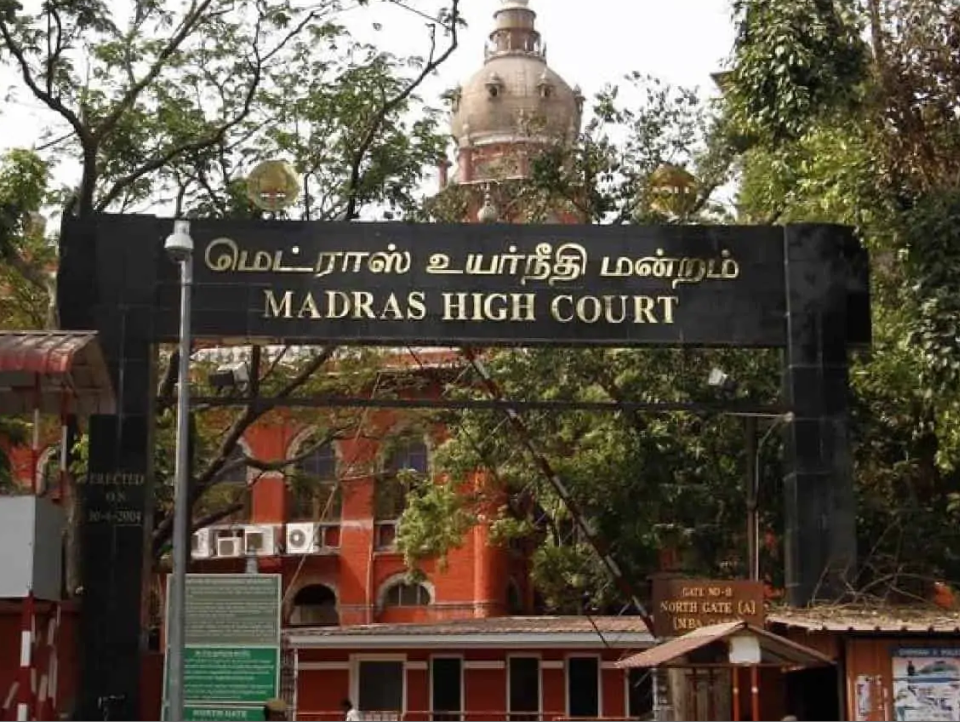Too many lawsuits in Christian institutions, Madras High Court calls for ad hoc body
The complaint of judges who would like the establishment of a body on the model of the Muslim Waqf to curb clashes within the councils that manage schools, hospitals and church funds that increasingly land in the courts with wasted resources. Jesuit Fr. Santhanam to AsiaNews: "Realities not equal, but the problem exists. An examination of conscience is needed to protect the future of these assets."
Chennai (AsiaNews) - The Madras High Court has sought the views of the federal government of India and the local government of Tamil Nadu on the possibility of the creation of a statutory board for Christian institutions into which their assets, funds and welfare facilities, such as hospitals and schools, would be channelled, on the model of what happens for Muslim realities with the Waqf Board.
"While the charitable endowments of Hindus and Muslims are subject to statutory regulations," argued Justice N Sathish Kumar in an article in the Times of India, "there is no comprehensive regulation for the endowments of Christians. Therefore, the only control over the affairs of these institutions is through a suit under Section 92 of the Code of Civil Procedure."
The lack of ad hoc regulation is felt to be a problem because of the increase in internal disputes especially related to the management of educational institutions, which increasingly land in ordinary Indian courts with legal battles that end up being a waste of resources. "To alleviate this problem," Judge Kumar therefore argues, "it is regular practice to appoint administrators from time to time as a temporary measure. But instead, church administrations should be made more accountable by finding a permanent solution because these institutions perform and fulfill various public functions, such as running educational institutions, hospitals, and their property and funds require protection and must be safeguarded."
Jesuit Fr. A. Santhanam, a lawyer practicing at the Madurai branch of the Madras High Court, commenting on the matter to AsiaNews, acknowledges the existence of the problem: "Numerous cases are presented to the High Court concerning the administration of educational institutions by Christian managements," he explains. "In most cases the basis of these disputes are internal disputes.
"I appreciate the concern raised," Fr. Santhanam continues. The time has come for an examination of conscience. Although Waqf property cannot be equated with church property, the Court was forced to find a remedy and adopted the models already available for resolving disputes within religious realities. When it comes to funds and property, church bodies should remember that they are only 'custodians' of them and preserve them for future generations."







.png)










